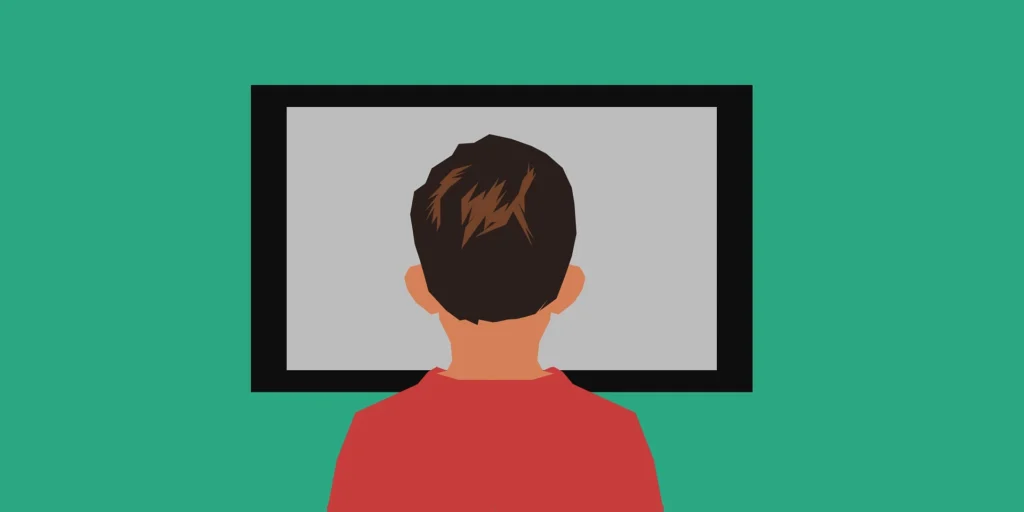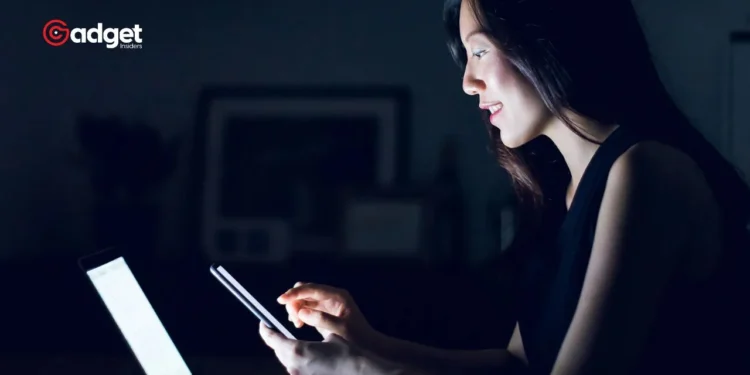Too much screen time can have several effects on our eyesight – this isn’t just about your eyes not turning square from watching too much TV, a common myth debunked by our parents, but it involves serious risks to our eye health and overall well-being.

Understanding the Impact of Screen Time on Eye Health
Tina Patel, an optician at Feel Good Contacts, warns that excessive use of devices like smartphones, laptops, and TVs can severely dry out our eyes and decrease overall eye health. “Blinking is a vital part of maintaining eye health as it helps to spread hydrating tears across your eyes,” explains Patel. The concentration on screens significantly reduces our blinking rate, leading to dry and irritated eyes.

Recognizing Symptoms of Excessive Screen Usage
Despite the allure of binge-watching or continuous scrolling, it’s important to recognize symptoms that indicate overexposure. Patel highlights several symptoms to watch for:
- Dry or watery eyes
- Headaches
- Neck and shoulder pain
- Sleep problems
What’s the Recommended Screen Time?
Opinions on ideal screen time may vary, but according to Patel, adults should limit recreational time to just two hours per day. This recommendation is surprisingly in line with what many grandparents might suggest, rather than the more generous estimates of younger generations.

Practical Tips to Reduce Screen Time
Breaking the screen time habit might seem daunting, especially when our devices serve so many functions in our daily lives. However, Patel offers actionable advice to help mitigate screen time:
- Schedule screen-free breaks
- Engage in screen-free activities like walking or reading
- Avoid using screens before bedtime
- Plan your days to minimize unnecessary screen use
- Utilize device features to limit app usage
With only two hours of suggested recreational screen time, it’s crucial to prioritize how you spend your digital minutes. Considering the necessity of screens in our professional lives, Patel stresses the importance of being more conscious and intentional with our personal screen use outside of work hours.
Final Thoughts
As you reflect on your own screen habits, remember that every minute counts. Whether it’s choosing to read a book instead of scrolling through social media or planning a screen-free day, small changes can significantly improve your mental and physical health.









